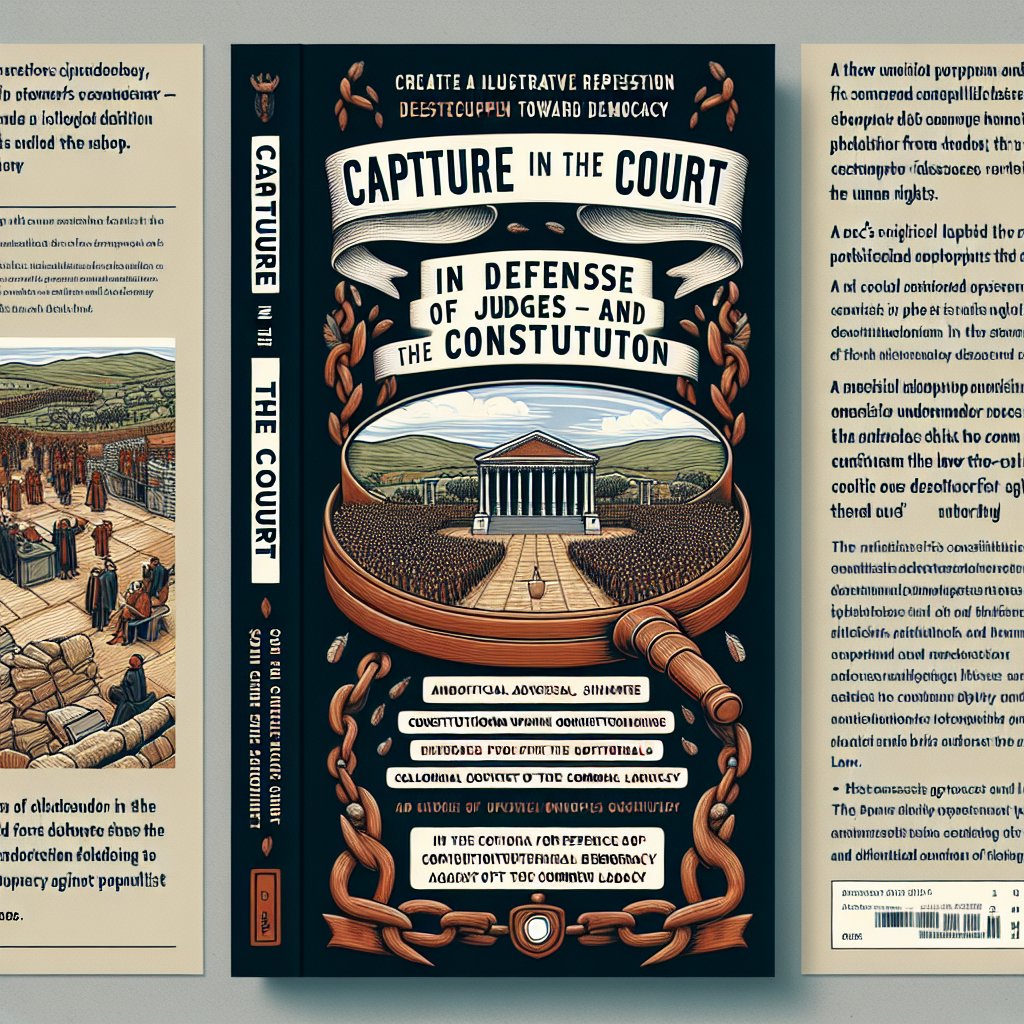Image: AI generated for illustration purposes
In Defence of the Constitution: A New Book Addresses the Clash Between South African Politicians and Judges
South Africa's journey towards a democratic society founded on constitutionalism and the rule of law has been both hailed and criticized. The introduction of the supreme constitution in 1994 marked an era of significant transformation, promising to embed democratic values, social justice, and the protection of human rights. However, the past three decades have witnessed a growing rift between the country's courts and its politicians, a subject deeply explored in Dan Mafora's new book "Capture in the Court — In Defence of Judges and the Constitution."
The book arrives at a time when South Africa grapples with an existential crisis that challenges the post-apartheid hope of good governance and service delivery. Mafora, with his extensive background as a senior researcher, ex-corporate lawyer, and former clerk at the Constitutional Court, harnesses his experience to navigate this tumultuous landscape. He presents a compelling analysis of the "less-than-happy relations" between South Africa’s political and judicial realm by identifying key components such as lawfare, misinformation, the visibility of legal figures, and the slow progress in socioeconomic transformation.
Lawfare, a term used to describe the strategic use of legal proceedings in political disputes, has led to unintended judicialisation of South African politics. Misinformation campaigns further exacerbate the tensions, creating public mistrust in the judiciary. The ANC's ideological shift from constitutionalism to "people's power," inspired by the Soviet-esque National Democratic Revolution, triggered a move away from the foundational principles of the 1994 constitution. Despite the party's claims, Mafora is critical of its commitment to constitutional supremacy.
The book doesn’t shy away from controversial claims; it confronts the accusation of colonialism linked to the common law and the constitution. Here, Mafora embarks on a challenging journey to strip Roman-Dutch law, the foundation of South African common law, from its colonial shadows, a stance which may spur debate among legal scholars and historians. Though it is argued that the modern application of Roman-Dutch law does not perpetuate the inequitable relations characteristic of colonial rule, the counterargument suggests that colonial patterns of power and cultural domination remain, casting a shadow over the country's jurisprudential heritage.
The author is painstaking in his approach towards constitutional literacy, emphasizing the significance of understanding key legal concepts and their role in maintaining a functioning democracy. By explicating multiparty democracy, the bill of rights, rule of law, and the powers vested in judicial review, Mafora endeavors to empower readers with knowledge against the tide of misinformation and politicians' opportunistic rhetoric.
Importantly, Mafora's work serves as a clarion call for the defense of the constitution and the judiciary against the populist onslaught. He advocates for the continued pursuit of constitutionalism as an essential component of democratic governance, essential for the upholding of human rights and social justice.
The book’s publication could not be more timely, addressing critical questions about the role of the judiciary, the limitations and possibilities within the South African constitutional framework, and the ongoing power tussles that threaten to undermine the ideals of the 1994 transition.


